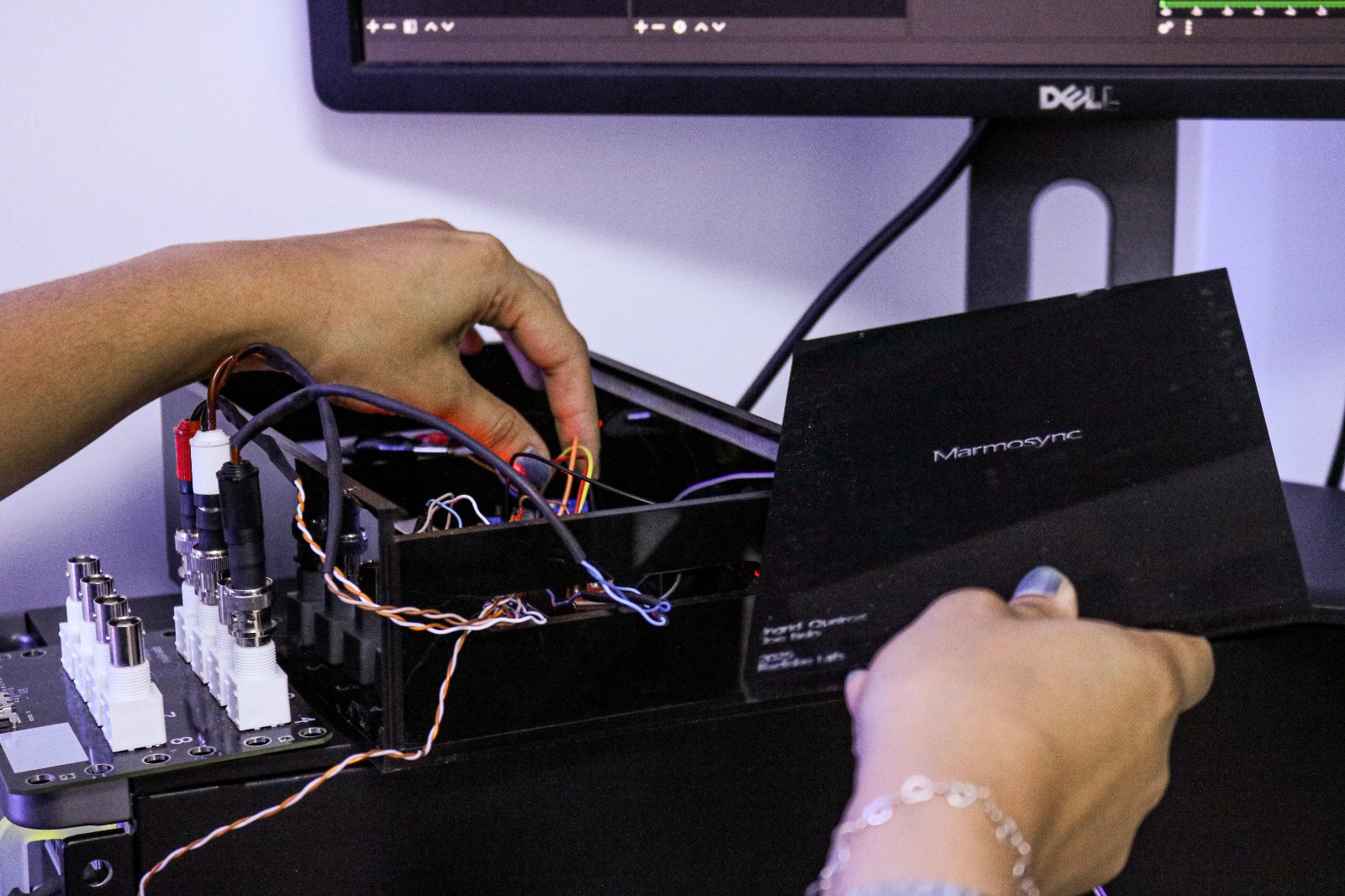Emeritus researcher and creator of the Santos Dumont Institute (ISD), Miguel Nicolelis, announced this Tuesday (5) a long-term partnership with two Italian organizations – the IRCCS San Raffaele Hospital and the Vita-Salute San Raffaele University, located in Milan – to establish a neurotechnology hub in the country and bring neurorehabilitation protocols based on non-invasive brain-machine interfaces (ICMn) to patients in Europe. The agreement was signed through the recently created Nicolelis Institute for Advanced Brain Studies, linked to the Alberto Santos Dumont Association for Research Support (Aasdap).
The initiative – considered a pioneer in a European country – is part of the “Treat 1 Billion” project, designed by Nicolelis, to disseminate clinically safe, efficient and low-cost neurotechnologies for people affected by some type of brain dysfunction, including neurological and psychiatric diseases. and spinal cord injuries. To achieve this long-term objective, the Nicolelis Institute aims to establish regional hubs with partners of recognized medical competence on all continents, as estimates indicate that more than 1 billion people are affected by neuropathologies worldwide.
Initially, the San Raffaele Neurotechnology Hub will have the central mission of providing patients with full access to modern neurorehabilitation protocols and neurotechnologies originally developed by the multidisciplinary Brazilian team led by Miguel Nicolelis. In the late 90s, the Brazilian created, alongside researcher John Chapin, the neurophysiological approach they called brain-machine interface. Over the last 25 years, Nicolelis and his team of researchers in the USA and Brazil have developed multiple clinical applications, based on different ICM arrangements, combined with multiple tools derived from the fields of virtual reality and robotics. In addition to authoring the Master Plan that will enable the construction of the Neurotechnology Hub, Miguel Nicolelis will assume the position of Visiting Professor at the Vita-Salute San Raffaele University, and will co-lead the Brazilian-Italian collaboration.
Originally developed for the demonstration of the first brain-controlled lower limb exoskeleton, which enabled a young man with paraplegia to kick off the FIFA World Cup in 2014, the neurorehabilitation protocols that will be implemented at the Neurorehabilitation Center of the San Raffaele Neurotechnology Hub are based on the combination of non-invasive ICM, virtual reality, robotics, and more recently in non-invasive neuromodulation techniques.
According to Nicolelis: “Establishing this collaboration with one of the most prestigious hospitals in the world is a dream come true. This international partnership will allow people suffering from neurological diseases access to state-of-the-art non-invasive ICM technologies that are safe, low-cost, and highly effective. I'm sure my good friend John Chapin, who created this technology with me, would be proud of this announcement. We hope to reach a large number of patients in the coming years, and categorically demonstrate that non-invasive ICM, combined with other innovative technologies and data tools, will become the main approach to treating neurological and psychiatric diseases very soon.”
Professor Enrico Gherlone, Rector of the Vita-Salute San Raffaele University comments: “We are pleased to announce the start of the strategic project Neurotechnology Hub, the result of the partnership we established with Professor Nicolelis and his team. After the two-year period of implementation of the Master Plan, the Neurotechnology Hub is ready to enter its operational phase, ensuring that in the coming years we will achieve our strategic vision: neurotechnology as an advanced, new and mandatory medicine, with potential applications in improves motor and cognitive health, and also in the management of neurological and psychiatric diseases. Without a doubt, all of this represents a crucial opportunity, especially for our residents, providing them with the opportunity to interact with cutting-edge technology, unique in Europe.”
Marco Centenari, Engineer and CEO of IRCCS San Raffaele Hospital, states: “The new Neurotechnology Hub represents one of the main strategic projects of our Institute. The collaboration with Professor Nicolelis is tangible proof of our commitment to supporting a long-term effort to develop increasingly translational medicine. Nicolelis' group will have the support of a team of excellent neurologists from our hospital, led by Professor Massimo Filippi, who has internationally recognized expertise in testing new therapies for neuroinflammatory and neurodegenerative diseases, as well as in the development of new biomarkers to prevent and treat such diseases more effectively. We are confident that, in the near future, we will be able to further advance the transdisciplinary field, such as that which supports neurotechnological development, a valuable aid for healthier aging of the nervous system.”
In addition to a Neurorehabilitation Center, the initial phase of the San Raffaele Neurotechnology Hub also foresees the establishment of a Neurodata Laboratory and a Neurotelemedicine initiative. In addition to these, a number of educational initiatives are also planned, including the creation of a Neurorehabilitation Program for healthcare professionals, a global course on ICM, a Graduate Fellowship Program, and eventually an ICM Neurorehabilitation Degree Program. .
Regarding the establishment of the unique and comprehensive international clinical-scientific partnership launched this Tuesday, Dr. Alan Rudolph said: “We are excited about the launch of this program, which will help people affected by neurological diseases and expand our work in innovative rehabilitation techniques that use new concepts and protocols to help people in need of treatment, and also train a new generation of professionals”.
ABOUT ISD
The Santos Dumont Institute is a Social Organization linked to the Ministry of Education (MEC) and includes the Edmond and Lily Safra International Neuroscience Institute and the Anita Garibaldi Health Education and Research Center, both in Macaíba. ISD's mission is to promote education for life, forming citizens through integrated teaching, research and extension actions, in addition to contributing to a fairer and more humane transformation of Brazilian social reality.













